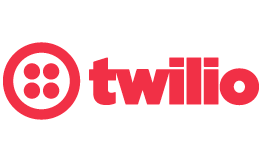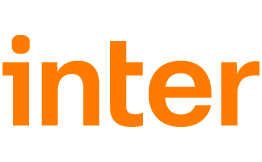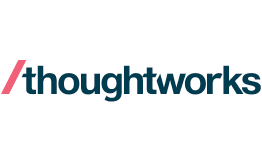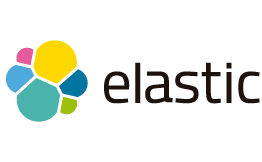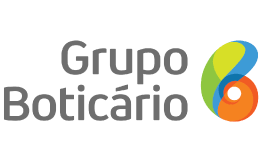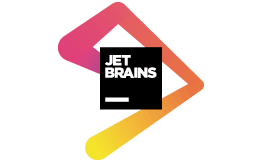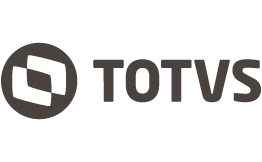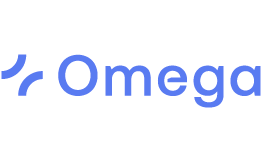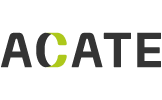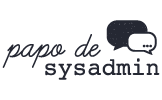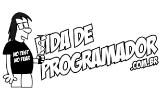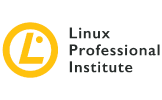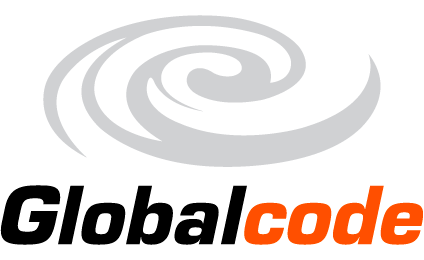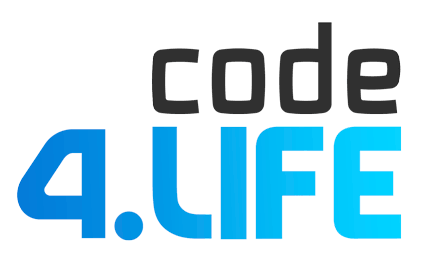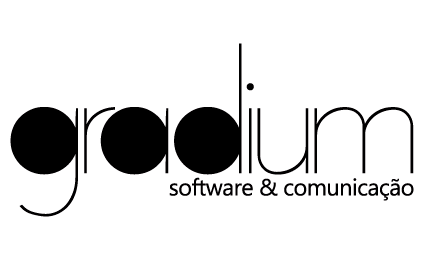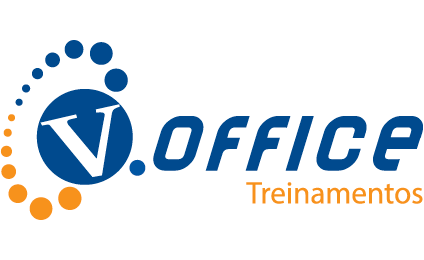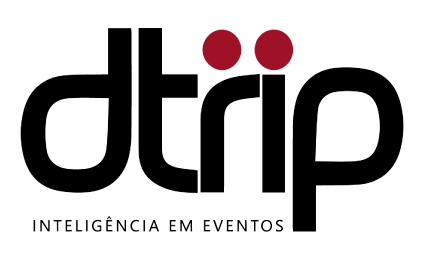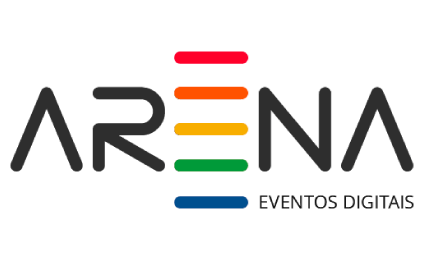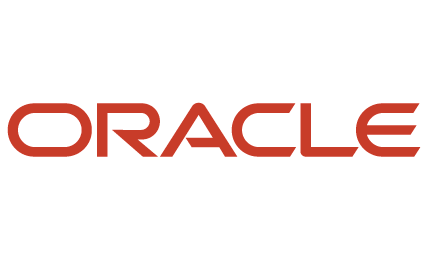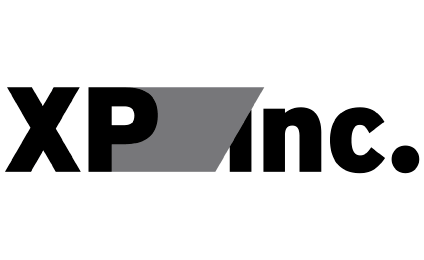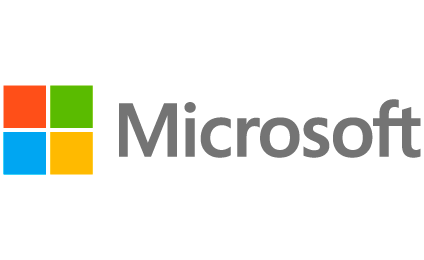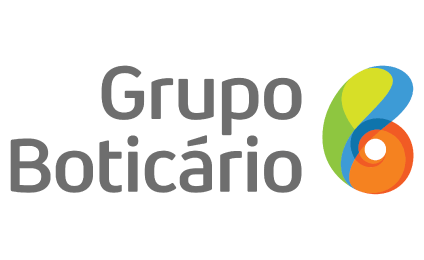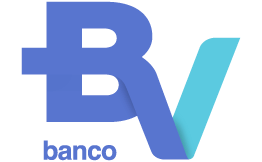JAVA TRACK INTERNATIONAL
Data e Local
Terça-feira, 30 de Novembro de 2021
09h às 19h GMT-3
ACESSO REMOTO COM TRANSMISSÃO ONLINE
Investimento
Para brasileiros, em R$:
1 trilha: de R$ 145 por R$ 110
2 trilhas: de R$ 290 por R$ 198
3 trilhas: de R$ 435 por R$ 285
* preço válido até 11/10,
veja tabela completa
Para brasileiros, em R$:
1 trilha: de R$ 145 por R$ 130
2 trilhas: de R$ 290 por R$ 230
3 trilhas: de R$ 435 por R$ 330
* preço válido até 12/11,
veja tabela completa
Para brasileiros, em R$:
1 trilha: R$ 145
2 trilhas: de R$ 290 por R$ 260
3 trilhas: de R$ 435 por R$ 370
* preço válido até 02/12,
veja tabela completa
Para estrangeiros, em US$:
1 trilha: $30 por $20 USD
Connect Pass: $80 por $60 USD
* preço válido até 11/10
Para estrangeiros, em US$:
1 trilha: $30 por $25 USD
Connect Pass: $80 por $70 USD
* preço válido até 12/11
Para estrangeiros, em US$:
1 trilha: $30 USD
Connect Pass: $60 USD
* preço válido até 02/12












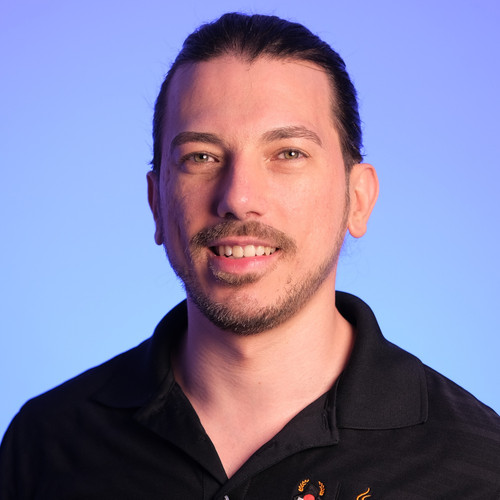

 áudio somente em inglês
Time Zone: GMT-3
áudio somente em inglês
Time Zone: GMT-3
 A N M Bazlur Rahman
A N M Bazlur Rahman
 Otávio Santana
Otávio Santana
 Rodrigo Graciano
Rodrigo Graciano
 Ana-Maria Mihalceanu
Ana-Maria Mihalceanu









